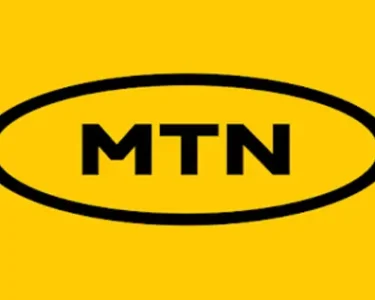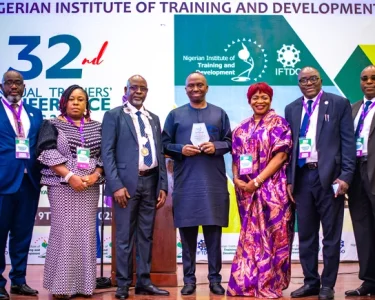THE Nigerian Communications Commission, (NCC) has advised embattled Internet Service Providers, (ISPs) in the country to consider merging or change their business model in order to remain relevant in the telecoms industry, even as the economic recession persist.
Responding to the complaints of ISPs at a stakeholders forum, held in Lagos, South West Nigeria, the Director of Licensing and Authorisation, Ms. Funlola Akiode said that in view of the present challenges they are facing it has become imperative to consider merging or reassess their present business model.
Before the revolution in the telecommunications sector, the ISPs were in firm control, providing internet access in the country to a large numbers of cyber-café across major cities of the nation, unfortunately they are almost gone.
Also, the emergence of smartphones, which put internet in the hands of the citizenry, crippled the activities of cyber-café, who were prime revenue source for the ISPs, and got worse when FOREX accessibility became a challenge.
According to Akiode, the ISPs need to think out of the box and see how they can make their businesses to grow and survive the harsh economic condition, most of which is affected by emerging technologies.
She called on the ISPs to give consumers value for their money and that saying that the lingering crisis in the sector should be a thing for consideration since funding has become a big challenge for them.
The Director of Licensing and Authorisation who represented the Executive Vice Chairman of the Commission, Prof. Umar Danbatta said that the NCC has witnessed a tremendous decline in the number of applications for ISP licence, and that the renewal rate of this license category has dropped drastically adding that in the last five years, the Commission has licensed a total 103 ISPs across the country while 10 % have applied for renewal.
She said that the regulator was keen in finding out why 90 % of them are out of business stressing that as a responsive regulator, the sustainability of the ISPs in the telecommunications businesses in Nigeria is its primary interest
Executive Commissioner, Stakeholders Management at the NCC, Mr. Sunday Dare urged the ISPs to consider the impact of the recent promise of free data from Google on Youtube Go and Facebook on their revenue saying that the NCC is working on how to create a unified right of way standard across all states of the Federation.
He said that the NCC is interested in protecting the operators by providing a level playing field for both small and the big operators noting that it is aware of the presence of unlicensed ISPs in the country.
He disclosed that the NCC had carried out raid on them but that the licensed operators would do well if they become whistle-blower for the Commission to curb the menace of unlicensed operators.
While calling on states government in the country to see the benefits of broadband provision in their states as mutual, he said that the NCC is considering a uniform right of way that will address the issue of indiscriminate charges from the states.
He noted that the dialogue with the ISPs was because the Commission believes the ISPs have a critical role to play in the attainment of the national broadband growth objectives and must therefore not be left out to die.
An operator, Mr. John Olambe said that lack of incentives for the small ISPs is affecting the rollout of services calling for the opening up the frequency space for ISPS to get better signals.
According to him, there is the need for the technical committee of the NCC to look into the type approved equipment to avoid harmful interference and to check the load of power pushed out.
He said that fund and financing is a major issue saying that collocation is becoming very expensive and they are charged in dollar, and that if the cost is as good as building one’s own then the NCC may need to readdress the issue of collocation.
Key issues currently affecting the ISPS, according to a report by the Head of Post Licensing at the NCC, Mr. Philip Eretan are the nature of the operating environment, inadequate infrastructure, Multiple taxation/regulations and type approval process.
Isaiah Erhiawarien,West Africa



